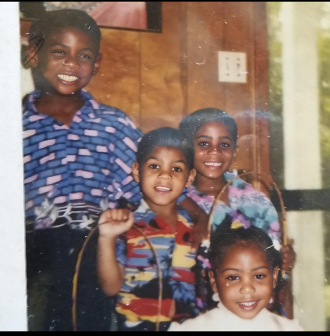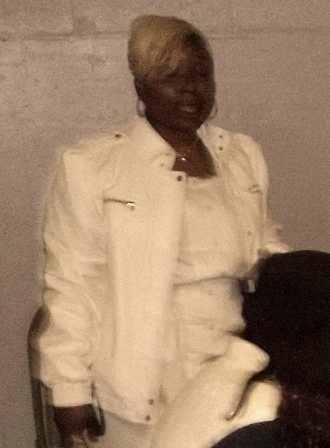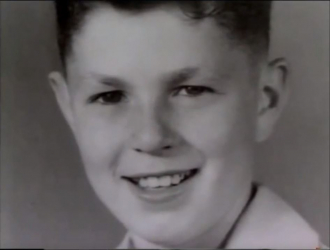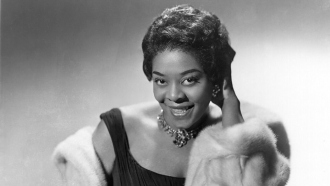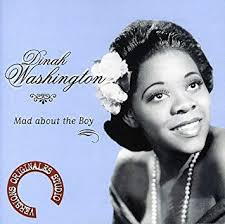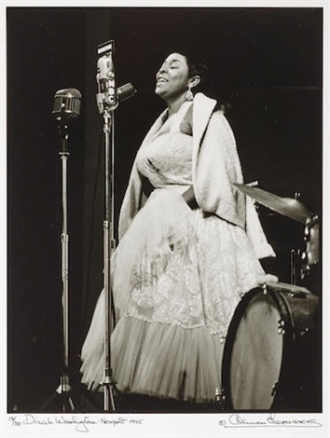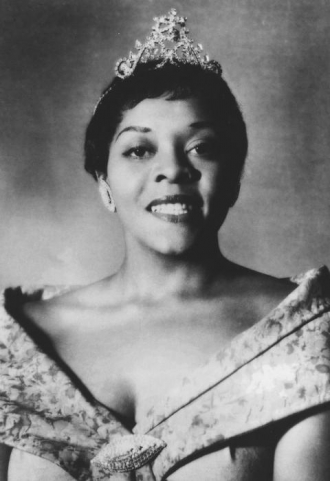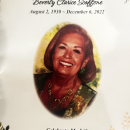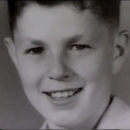Washington Family History & Genealogy
Washington Last Name History & Origin
AddHistory
We don't have any information on the history of the Washington name. Have information to share?
Name Origin
We don't have any information on the origins of the Washington name. Have information to share?
Spellings & Pronunciations
none
Nationality & Ethnicity
United States Mulatto
Famous People named Washington
Are there famous people from the Washington family? Share their story.
Early Washingtons
These are the earliest records we have of the Washington family.

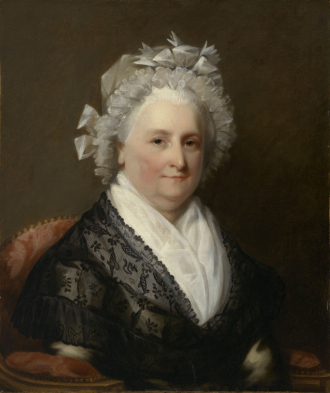



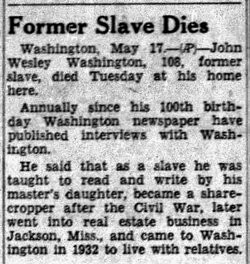

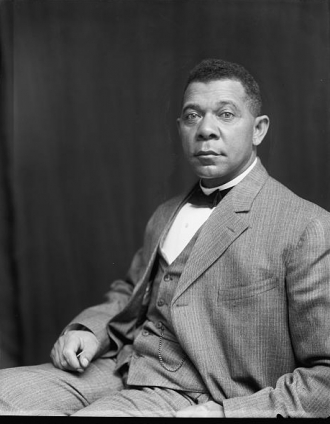
Washington Family Members
Washington Family Photos
Discover Washington family photos shared by the community. These photos contain people and places related to the Washington last name.


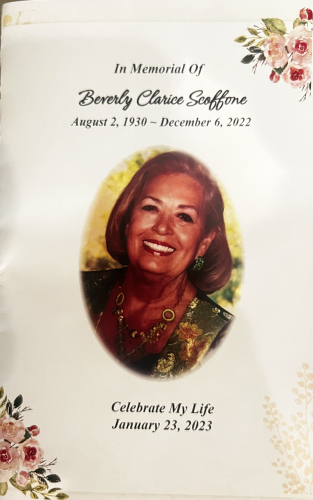
I got to enjoy your favorite Scotchmellow candy, which I agree, is delicious!
Rest in peace Beverly...

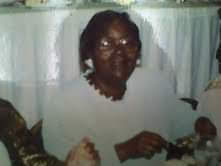

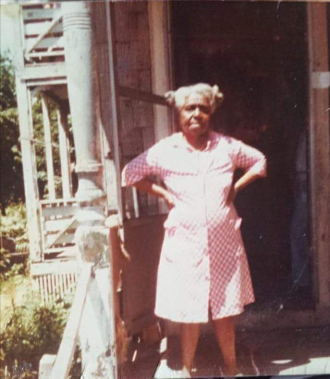

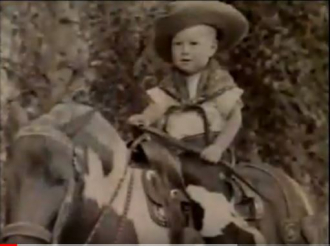
Washington Family Tree
Discover the most common names, oldest records and life expectancy of people with the last name Washington.
Updated Washington Biographies

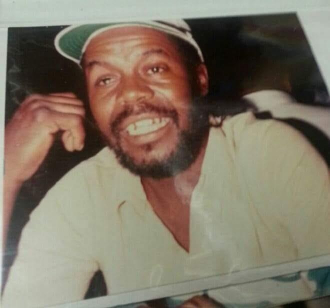

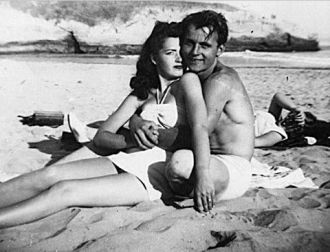
Popular Washington Biographies







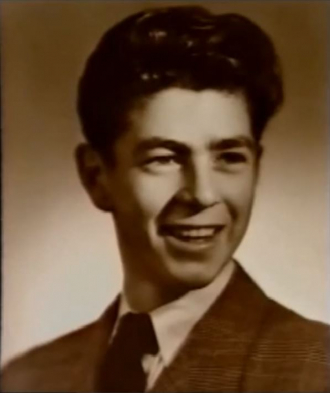



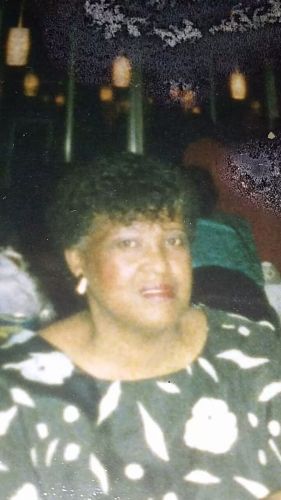

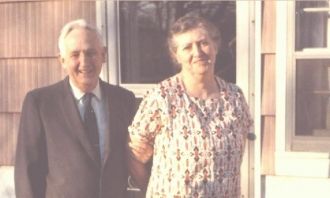



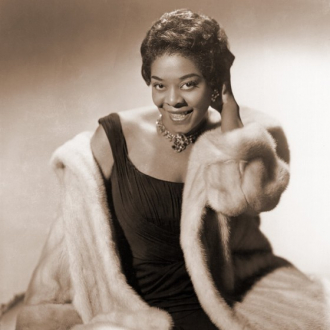
Washington Death Records & Life Expectancy
The average age of a Washington family member is 67.0 years old according to our database of 47,880 people with the last name Washington that have a birth and death date listed.
Life Expectancy
Oldest Washingtons
These are the longest-lived members of the Washington family on AncientFaces.
Other Washington Records
Share memories about your Washington family
Leave comments and ask questions related to the Washington family.
Followers & Sources



